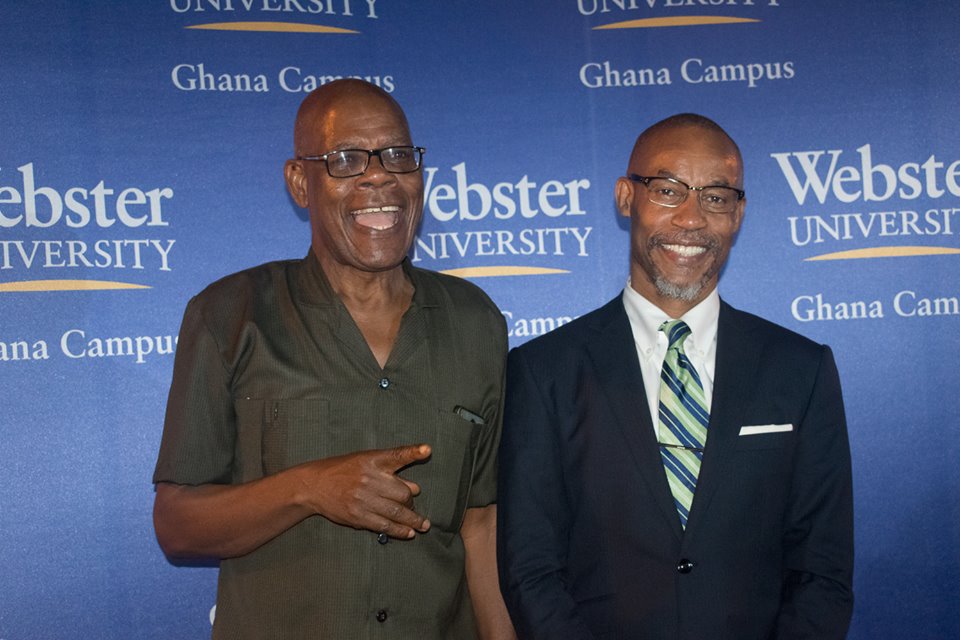
A visiting Professor of Political Science and Public Policy at Webster University (Ghana) Jean Germain-Gros has said Africa can only gain economic freedom when it fully subscribes to the concept of pan-Africanism.
“In the end, the economics of neo-colonialism must be replaced by the economics of African nationalism, which is to say, Pan-Africanism,” he said at a recent public lecture series organised by the Webster University (Ghana) under the theme: The Politics and Economics of Neo-Colonialism in Post-Independent Africa.
“This will require a sea change in policy and more importantly, mentality. This work must begin now and cannot wait,” he added.
Speaking on the topic; ‘The Economics of Neo-colonialism,’ Professor Germain-Gros observed that neo-colonialism bears a strong resemblance to the British colonial policy of indirect rule. “Fundamentally, though not entirely, the economics of neo-colonialism is the economics of colonialism, which was based on at least two premises and they are colonies serving as suppliers of raw material to metropolises and also serving as markets for industrial goods produced in the metropolises,” he noted.

Thus, he continued the economic usefulness of most colonies to the metropoles “lay in their being primary commodity producers, not consumers of industrial goods, which might have propelled manufacturers to make these goods in the colonies, thereby creating jobs and fostering industrialisation.”
After independence, further posited Professor Germain-Gros there were “either no serious efforts at weaning Africa off of primary commodity production, as countries continued the colonial economic policy of cash crop production for foreign exchange, or such efforts as had been made toward industrial production failed spectacularly for very much the same reasons previous efforts had failed; narrow size of domestic markets, lack of backward and forward-linking industries, the unavailability of credit to finance start-ups or help in the expansion of existing industries, poor infrastructure and protectionism in the industrialised economies.”
Source: Ghana/Starrfmonline.com/103.5FM




